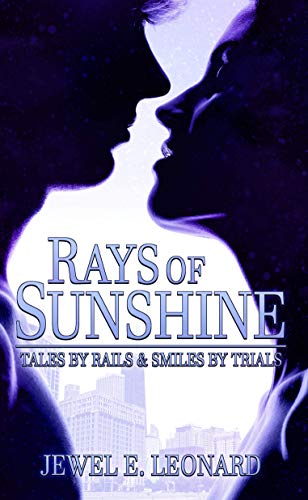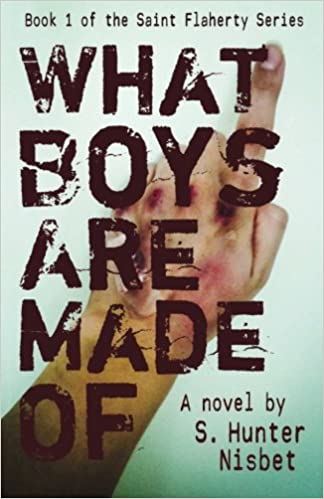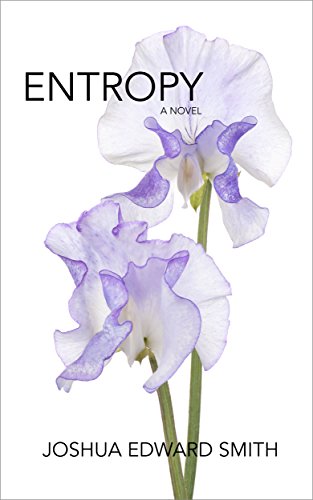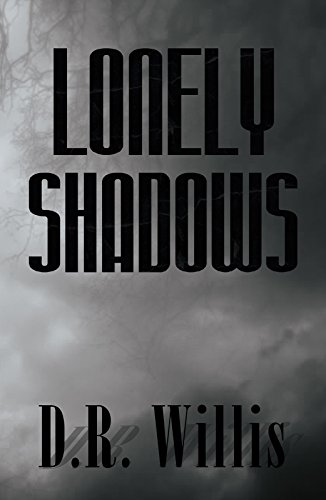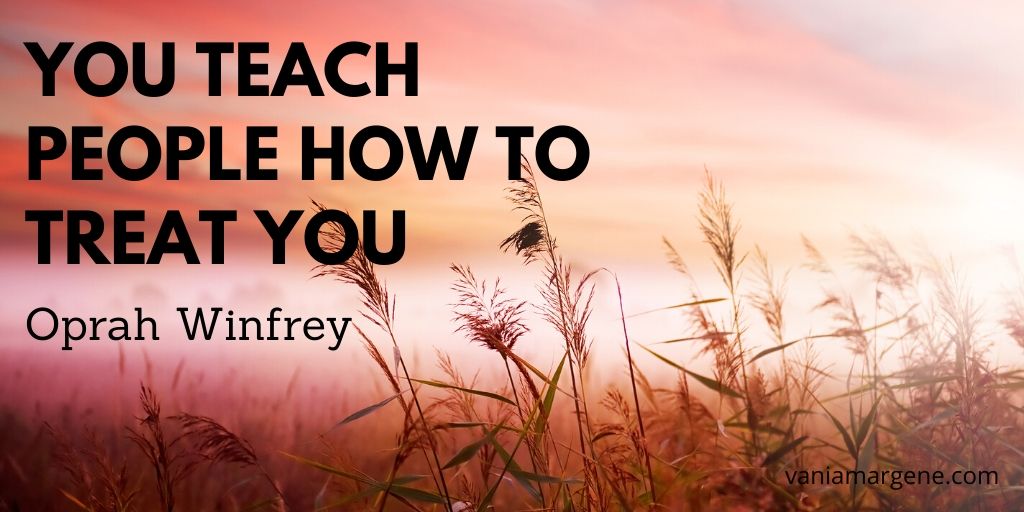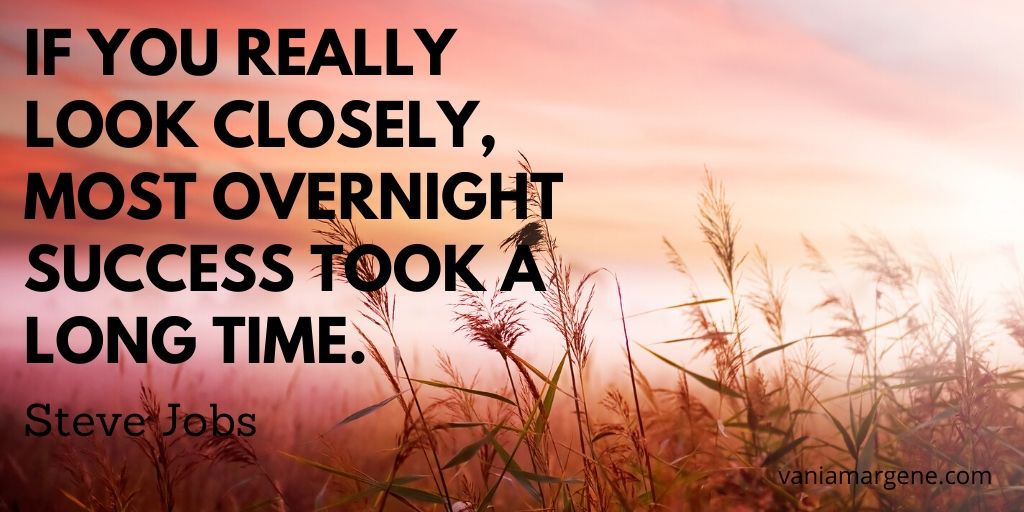Words: 1828
Time to read: 10 minutes
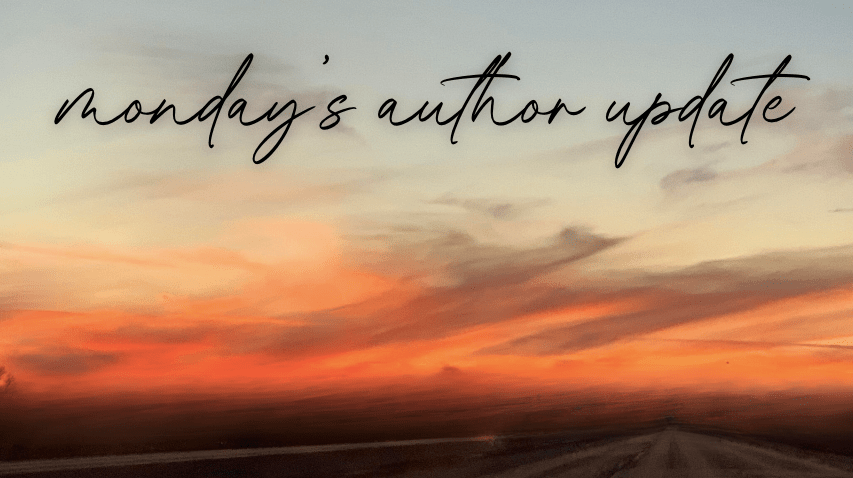
Happy Monday! I hope your week is getting off to a great start, and may that include a bottomless cup of coffee.
Today’s post is more of “what’s going on with me” than anything else. I finally left Twitter for good after a scuffle over a tweet who was calling out authors like Stephenie Meyer and Sarah J Maas (and I think Rebecca Yarros was in there too). The person who tweeted brought race into it, and I scooted my butt out of that conversation. As a white cishet woman who grew up in a middle income family, I know how privileged I am in regard to anything, not just publishing. I’m fortunate I have money to play with ads, I’m fortunate I have a college education. I’m fortunate in a lot of ways, and I have never argued that. I know publishing has a long way to go in terms of marginalized voices. There’s no debating that whatsoever, but I think there’s a difference between hating books that have done well because you think they aren’t well-written and don’t deserve it, and hating certain (white) women authors because of how the publishing industry is. I believed that tweet came from the former perspective when it was the latter, and had I known, I wouldn’t have gotten involved. I’ve always defended authors like Stephenie, EL James, and Colleen Hoover (the vacuum lady, if your nickname can be that disrespectful. I don’t think I’ll ever be able to scrub this joke about her books from my mind: Nothing sucks like a Hoover). We always say that authors aren’t what they write, but then in the next breath we call Stephenie Meyer a groomer supporter because Jacob imprinted on Renesmee when she was an infant. I get tired of the hypocrites, tired of the bitterness. I won’t debate anyone’s experience, and I sure as hell won’t tell someone how to think or feel, so I bowed out. I blanked out my banner, took my personal profile picture down and said in my bio that the account is no longer active. I don’t like that vibe, only because yes, the industry does have a lot of work to do, but screaming about it won’t make change. Attacking people won’t make change. Spewing resentment all over the internet won’t make change. And I see this from everyone. It wasn’t that long ago a white author was editing Rebecca Yarros’ first page, saying what a crap book her Fourth Wing novel is and how it didn’t deserve to be printed. I stood up to her, but right or wrong on my part, when someone is calling me a mad white lady, I’ll graciously concede.
It was a lesson to keep scrolling if you don’t like what you see, and if you’re online you’re going to be tested many times. I joined Threads with the hope that I can stop myself from commenting if something makes me angry (after a week in, there is a lot that makes me angry). I have a low tolerance for stupidity and there is a lot of it in the self-publishing industry. I saw this on FB last week! This is the stuff that makes me mad, and this is the kind of reply that gets me into trouble.
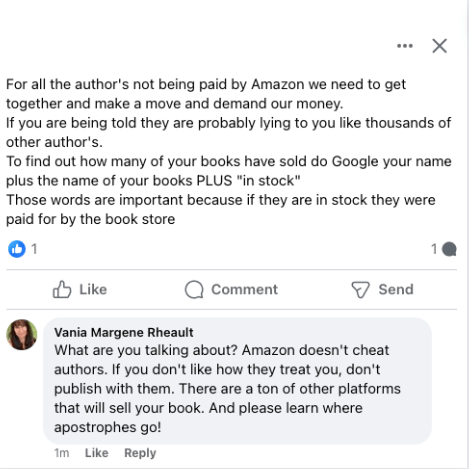
I get tired of people saying that Amazon cheats its authors, get tired of being called a sheeple because I like to write to market. Maybe my books don’t deserve to sell either, because I write romance, use tropes, and have fun writing my books (and can write them quickly too, oh snap!). It’s just another form of gatekeeping as far as I’m concerned, but I do understand there isn’t room at the table for everyone, and I’ve been eating my meals on the floor for a long time. At least I have a piece of carpet, and I know a lot of authors don’t. So, I’m trying approach my time on Threads in a more positive way–be helpful if I can, be encouraging. But mainly, I joined to keep my thumb on the pulse of the industry–indie pub as well as romance in particular. Like Tyrion Lannister, I like knowing things, like the RWA embracing AI and hosting classes to teach writers how to use it to write romance books.
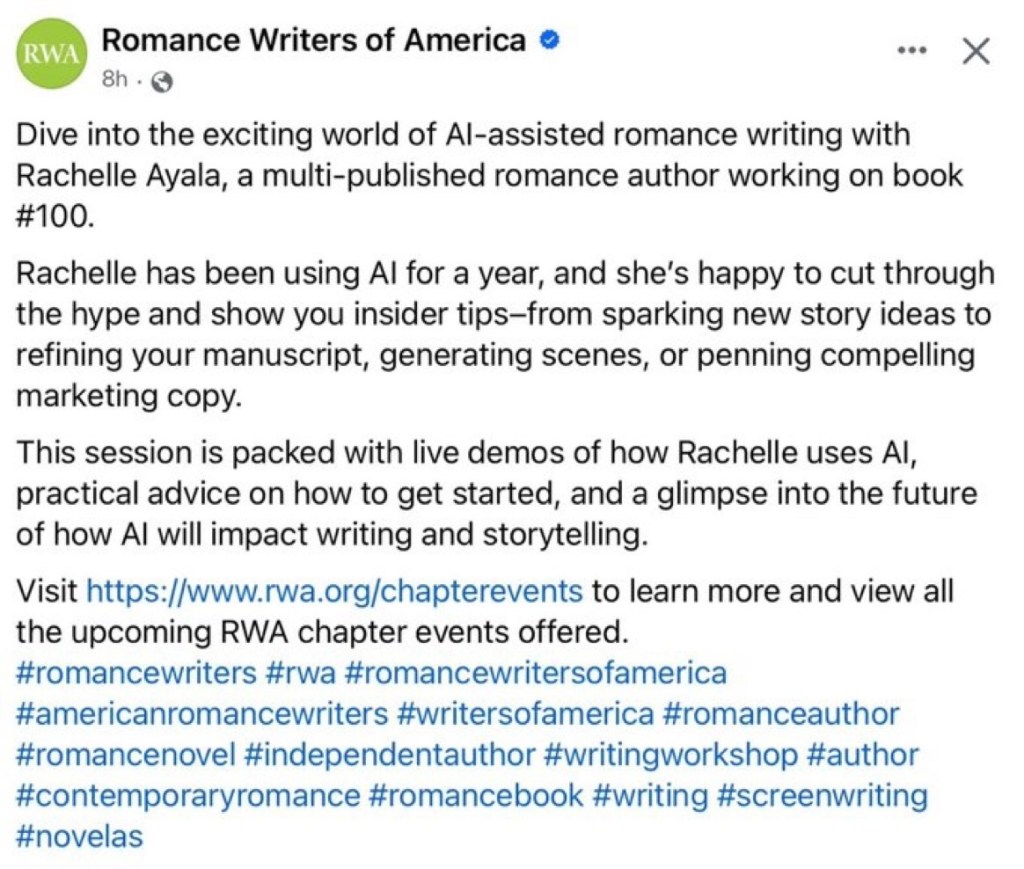
I like knowing things like the cover for Gothikana was made with AI elements and the publisher is claiming “not to know.” You can read the Publisher’s Weekly article here. I just like knowing that stuff because I feel like it’s part of my job as an indie author to know what people are talking about. There was some of that on Twitter too, but there was too much bitterness to wade through to see what I really wanted to see. I could have just started blocking people, but that kind of atmosphere isn’t good for anyone’s mental health. So far, Threads seems to be more pleasant and professional, and that can be a good thing, but also maybe a not-so-good-thing. I do a lot of things that are looked down on, like editing my own books, doing my own covers. Shilling Bryan Cohen’s free ad class when a lot of people don’t think of him as anything more than a hack. You don’t want to be anything less than who you are online because that will always come back to bite you, but I’m going to be a lot more apprehensive and careful about what I share on Threads. Mostly, I just needed a new place to scroll, and I’ll follow people if I like their content without thought of gaining followers. I don’t need them–I’m not planning to try to sell my books on there in any way. If you have an account and want to connect, here’s my profile: https://www.threads.net/@vaniamargenerheault
Speaking of selling books, my Amazon ads are still on fire, and I’m having to keep a close eye on them. Unfortunately, they are doing really well impression- and click-wise, and it triggered my fear of missing out. I don’t want to turn any of them off just in case I’m pausing highly profitable ads. And you really don’t know that until you turn them off and over the course of a couple weeks your sales die. Having FOMO in this industry is terrible. I buy classes, let ads run, join author groups I probably don’t need to be a part of. I probably COULD turn off half my Amazon ads and I would be just fine, but I already compromised and turned off all the ads in the UK, so I’m just going to have to watch them like a hawk. I’ll use this blog as an accountability partner and compare royalties and ad spend on a biweekly basis. I don’t want to do so much of that in real time as I’ve said before, Amazon’s reporting isn’t that great, and a book that looks like it isn’t getting page reads could prove me wrong when the reporting catches up.
I’m on chapter nine of the 5th book in my series. I don’t know if I’ll be able to finish by the end of the month, but getting both done by the end of March seems doable. I should start playing with the covers more seriously so I don’t have a panic attack when the editing is done but the covers are still unfinished. I’m not even sure the direction I want to go in anymore, except I like the frames, and I found some gold filigree that I put together to make them that looks really nice. I still need the men, maybe the backgrounds. I bought a few font duos from Creative Fabrica the other day (thank you Stanee in the Design Resources Hub on FB for posting the sale), and the only way to know if they’ll work is to try them and see. There’s no point to that though unless I can get a template cover firmed up, but I’ve been playing so I don’t feel too lost or like I’m starting from scratch.
Scrolling through my author FB groups made me realize that my email attached to this website wasn’t accepting incoming email. Apparently, it’s an issue for anyone who was messing around with their DNS records. I already knew how to restore records from when a WordPress tech support person helped me get my website back up after I accidentally deleted my A records, so restoring my email DNS records was easy. I was cautioned and was told that my authentication wouldn’t work anymore if I did that, but I reran all the tests, and it looks like everything is still fine. I feel bad that people couldn’t email me for a whole month because I didn’t know, but I’m lucky that not many people reach out to me anyway. Now that I figured that out, I hope all the damage control that I needed to do to get my newsletter and website aligned is over. But, as I’ve said, that is one of the reasons I’m in so many groups. You need that kind of information because you don’t always know what you don’t know.
I’ve been trying to do the things I said I was going to do if I felt better and I do, and I’ve been going on more walks in the evenings. Since I’ve been on my “ovary pills” as I call them, a lot of my negative feelings about going for walks are gone, and I’ve enjoyed my time outside. I guess I was feeling hormonally depressed and those pills have elevated my mood, which is funny because the order that went with my prescription is to “take as tolerated” and I am tolerating them just fine. That’s a good thing–I haven’t felt this much like myself in a long time. I also said I wanted to watch Queen Charlotte, and I have two episodes of that left. I have to force myself to watch TV because it’s not normally something I like to do anyway, but I’m enjoying the show and I’ll be glad to be caught up. I still want to rewatch the first season of Carnival Row on Prime and watch the second/last season. I really enjoyed that too, and I was happy they finished it off as COVID delayed the filming. It will be nice to see how it ends.
I think that is all for now. I hope you all have a great week, and thanks for all your support. I’ve had a lot of people say they are happy I’m feeling better, and I appreciate it a lot. It’s been a long three years, and it’s nice to be excited again.
Until next time!


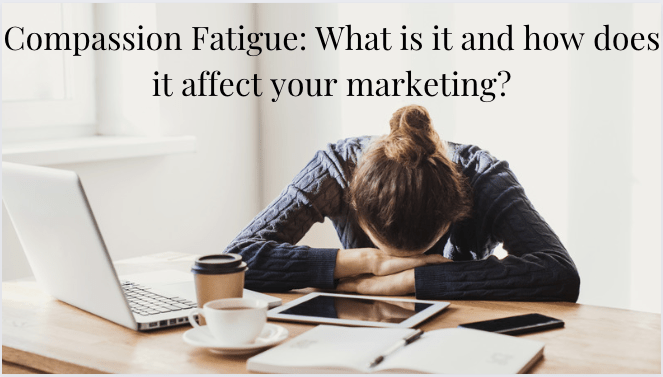
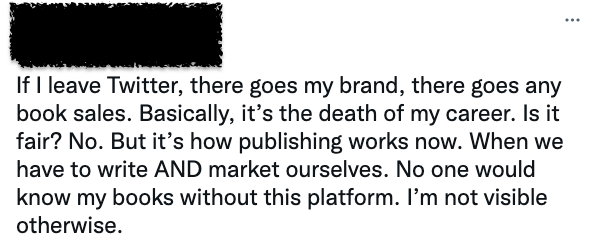

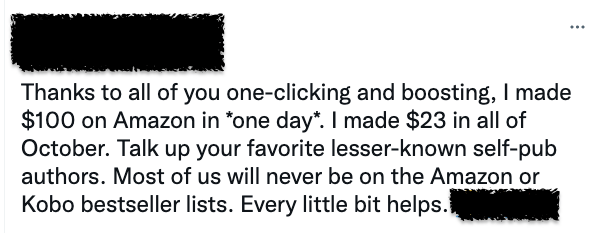

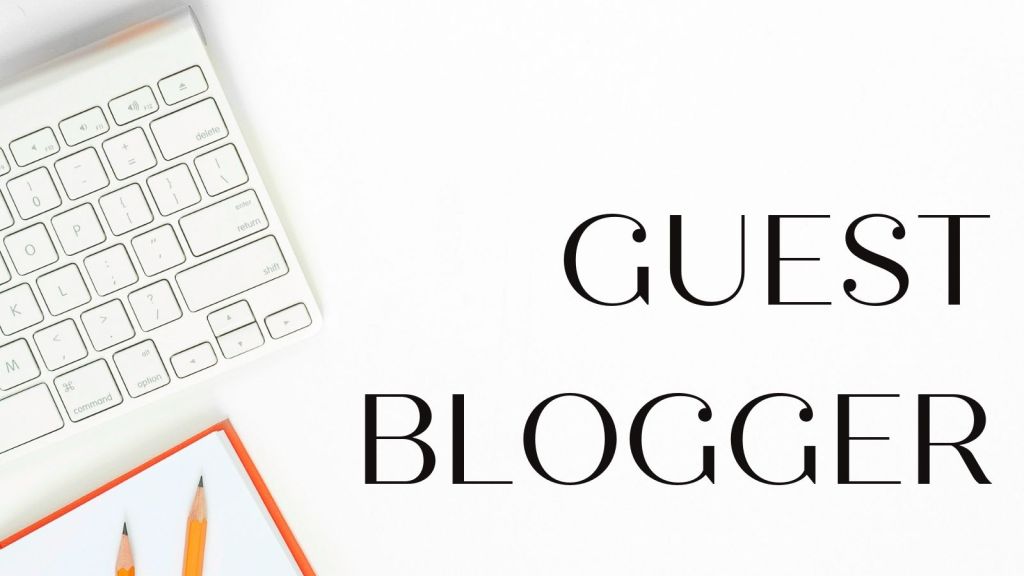
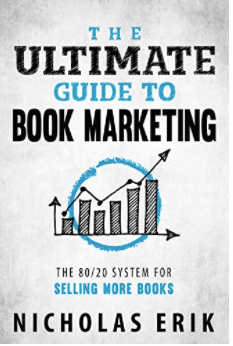



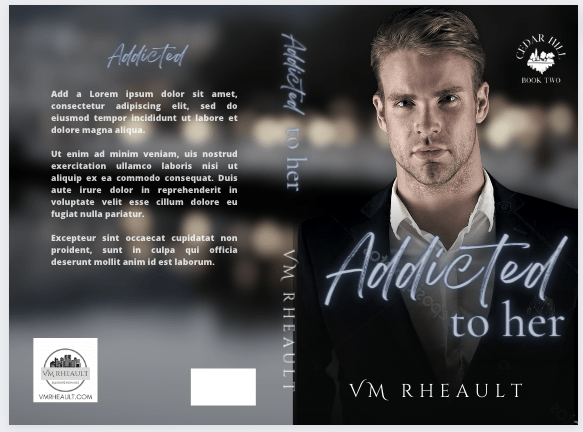


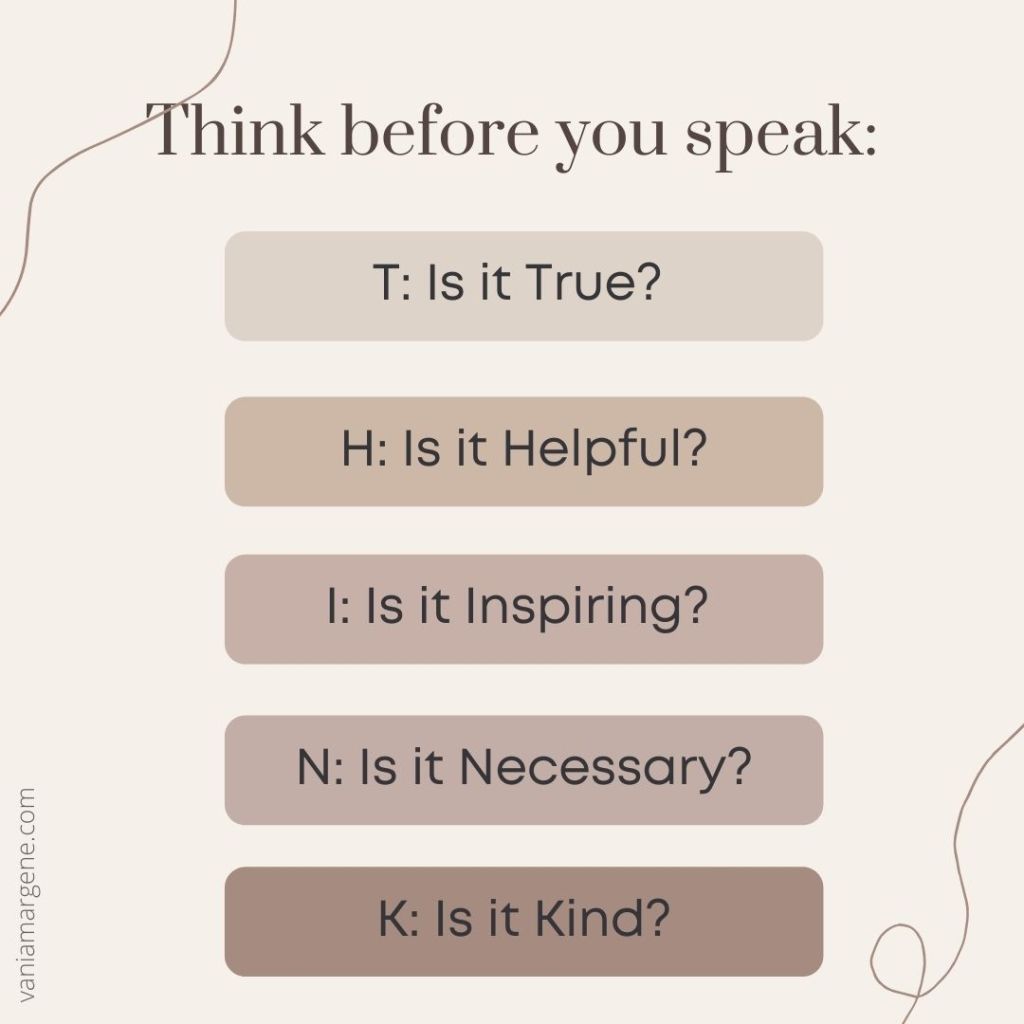
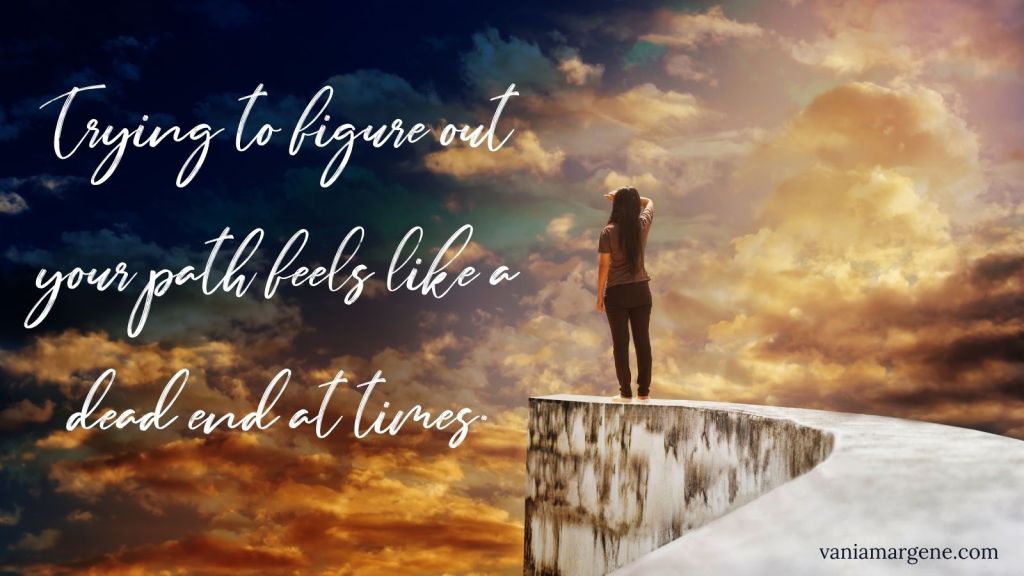
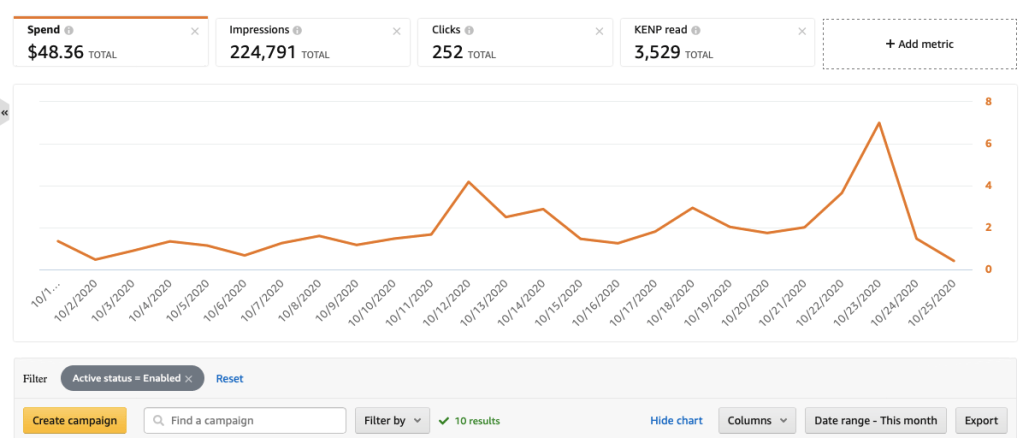
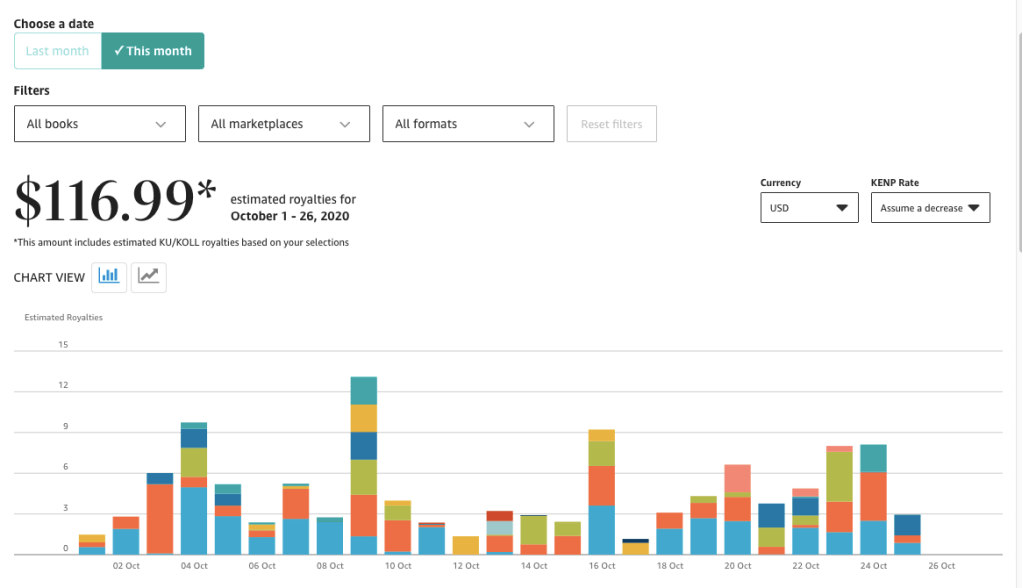



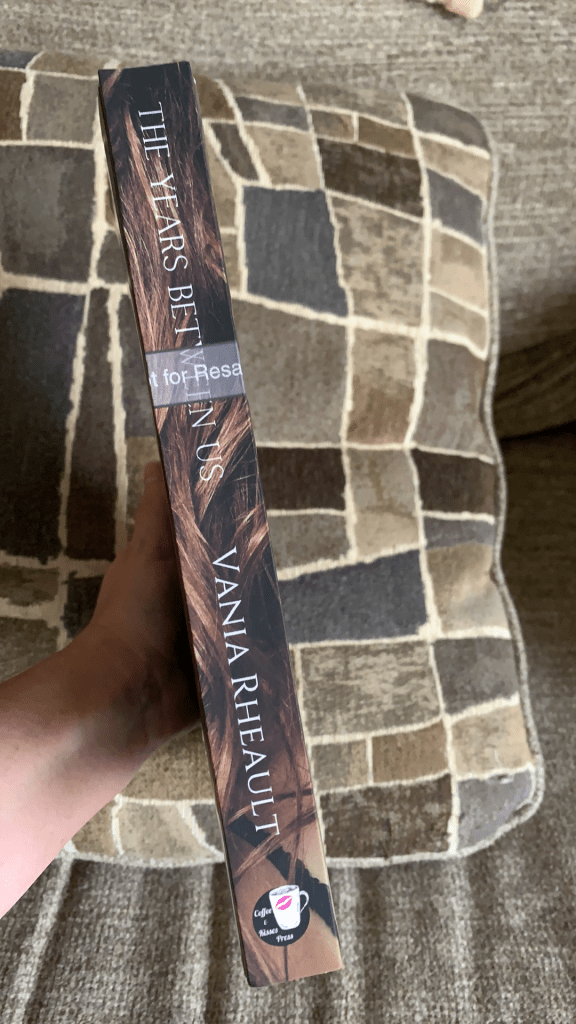
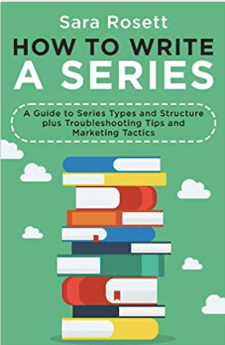

 When I joined
When I joined 